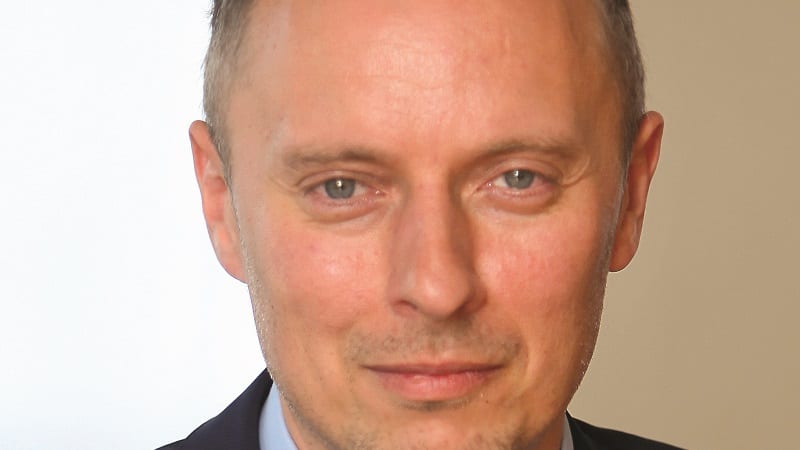M&G Investments has launched a global equity fund investing in companies that have a positive impact on society, Portfolio Adviser has learned.
The M&G Positive Impact fund is managed by John William Olsen (pictured), who also manages M&G’s Global Select and Pan European Select funds, and is deputy manager of the Pan European Select Smaller Companies fund.
It aims to invest in a portfolio of 30-40 stocks picked from a universe of 150-200 companies across developed and emerging markets identified by Olsen and a team of six.
Olsen told Portfolio Adviser the team scores companies using three metrics: investment, intention and impact. To make the cut, companies must have a good business model and generate a decent return on investment, demonstrate a strategic alignment between their impact and business model, and show a measurable impact on society.
If a company scores above average across all three metrics it makes it onto the team’s stock list but there must be consensus for it to remain there. “If someone believes there is too much negative impact then I simply can’t have it on the list,” said Olsen.
The average holding period for portfolio companies is expected to be six years. The OCF for the institutional share class is 0.9%.
Mid-cap growth bias
The fund, which is benchmarked against the MSCI All Countries World index, has a mid-cap growth bias given most of the companies innovating in social impact tend to be at the lower end of the market cap spectrum. However, it avoids companies with a market cap below $500m (£390m) for liquidity reasons.
“Some of the sectors lend themselves better to this set up. For that reason, we have more healthcare and it lends itself to small and mid-caps because more of these companies are earlier stage and working on specific things,” said Olsen.
“It is difficult to fit in large conglomerates because they normally have too much negative impact. It is normally more specialist, niche companies we look at.”
Emerging market companies have clear social intentions
The fund also has an emerging market tilt because Olsen said companies in this space often exhibit the strongest social impact credentials. “In many cases the emerging market companies have a clearer intention because they operate in countries where there are social issues and they have a social responsibility,” he said.
Olsen said he was initially nervous about the timing of the fund launch given emerging markets have been out of favour, but a lot of the companies the fund invests in have become cheaper as a result.
Above all, Olsen said M&G has been conscious not to compromise on the impact part. He stressed the fund is investing in companies that are already having an impact on society rather than attempting to influence companies to change through engagement.
“There will still be the engagement and ESG integration we do across our other funds,” he said. “We are going to try and have an impact but as long as we are still small in terms of the size of the fund, we are not going to have much of a say. The impact we are going to measure on the fund will be the impact of the companies and how that evolves over time.”











